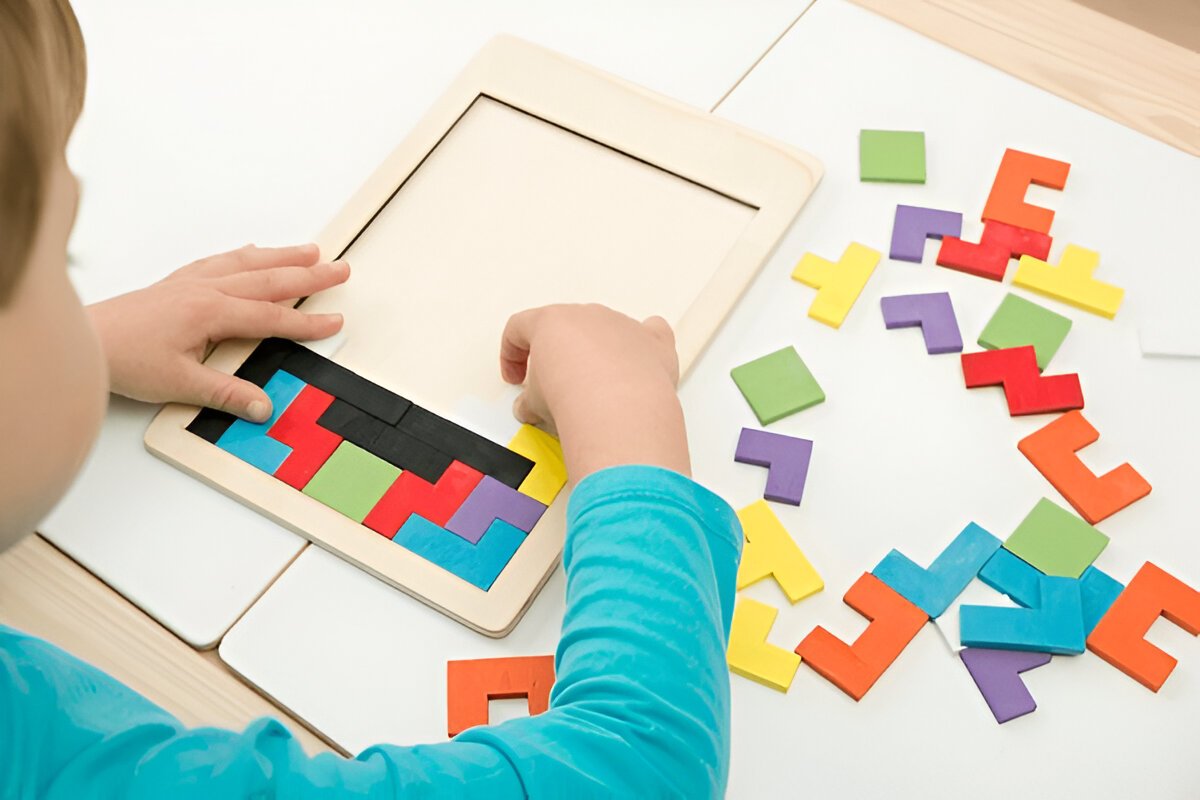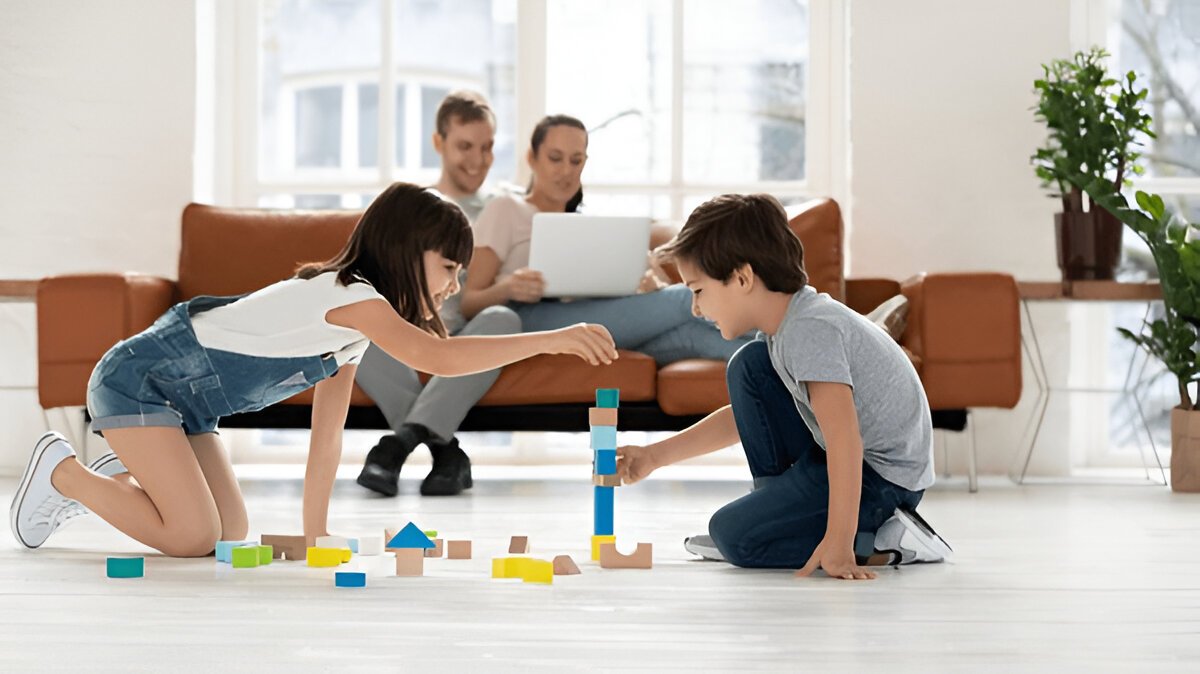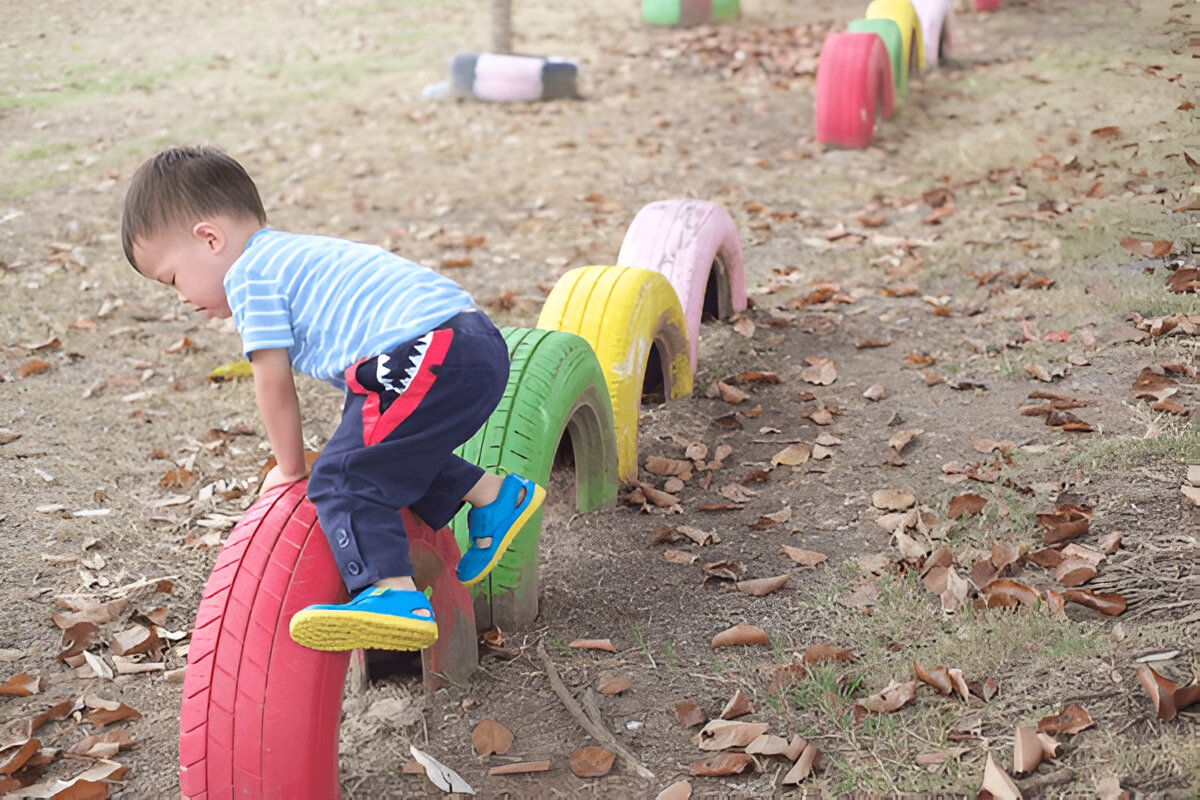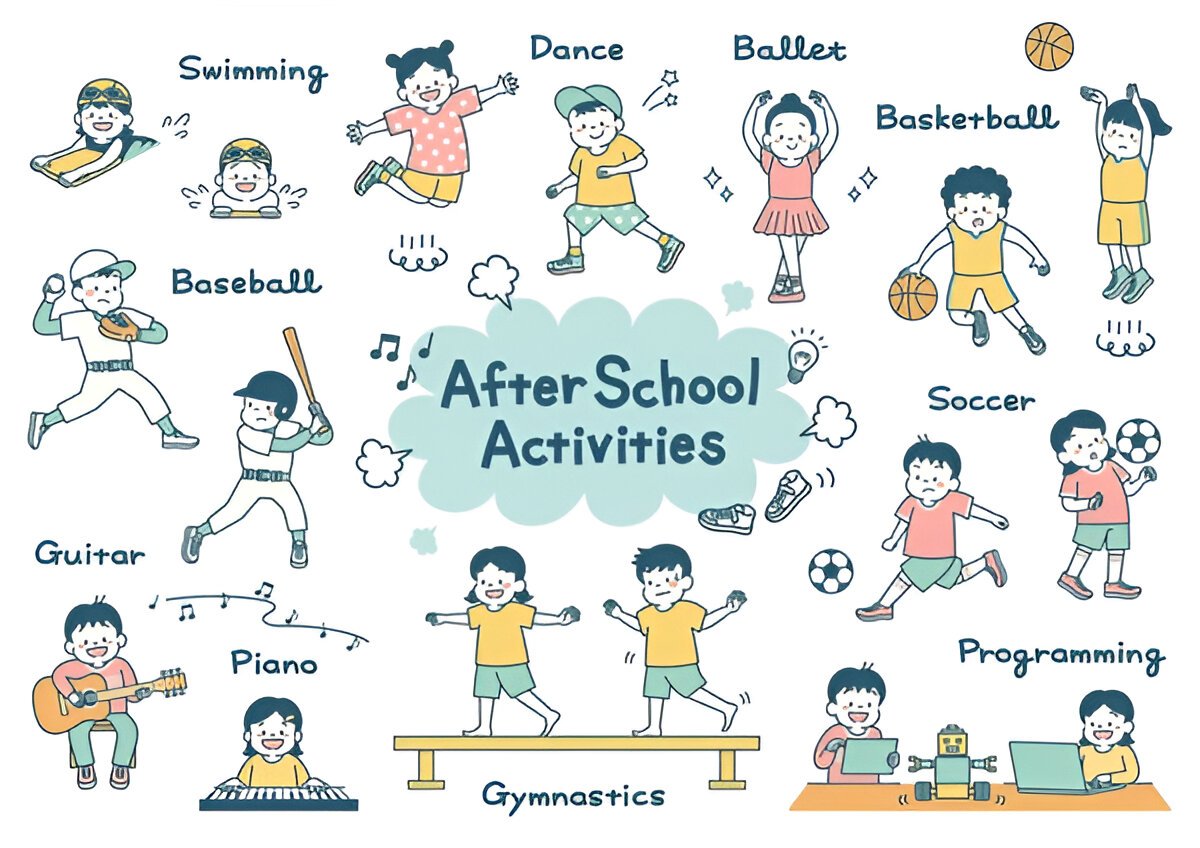We all want our kids to be smart, healthy, and happy as they grow. Proper eating, sleeping, and loving are all necessary, but so is brain growth. The early years of childhood are the most important for brain growth. The brain is creating new connections every day during this time.
The best news is that making your child’s brain grow is not that difficult. You don’t have to use fancy books or classes. A few simple activities, done consistently, can make your child think better, talk better, and learn better.
In this blog, we will discuss five brain-enhancing activities for kids that are fun, easy, and can be done at home. The activities will not only enhance their brain but also help them concentrate, create, and think critically.
Storytelling and Listening to Stories
Storytelling might be the single best way to supercharge your child’s brain. While listening to a story, the child is really doing a lot more than receiving words passively. They’re creating mental pictures of the characters, picturing the landscape, following the plot, and speculating about what happens next. This stimulates a lot of parts of the brain at the same time.
Talking stories in your own voice makes it even more unique. Children feel safer and more attached when they listen to someone close to them. It boosts their language, raises attention span, and assists with emotional development.
You can read books aloud, invent simple stories, or even utilize real events from your own childhood. You can also ask your child to tell you a story. This assists them in thinking, using new words, and being more confident when speaking.
If you cannot be always present to read out stories, you can seek assistance from things like Kinzy, where children can hear their parents reading out stories. This makes the story intimate and allows you to build an excellent rapport even when away.
Tip: Sleeping time is best for stories. Make it a part of your daily routine. Over time, your child will become fond of stories, words, and learning in general.
Puzzles and Problem-Solving Games
Puzzles are one of the finest brain exercises for kids. Puzzles hone the memory, concentration, and logic. When your child does a puzzle, his mind works extremely hard to put pieces in their correct position. They start to notice patterns, forms, and colors. They get trained on how to focus, try out several solutions, and not give up easily.
There are different types of puzzles for different age groups. For children of lower ages, start with shape sorters or matching games. For children of higher ages, employ the use of jigsaw puzzles, number puzzles, or picture riddles.
Engage in straightforward problem-solving games like “spot the difference,” “guess the object,” or basic board games that need strategy. These exercises promote thinking, planning, and decision-making skills.
Tip: Work on puzzles together. Let your child take the lead. If he or she is stuck, guide them gently without giving direct answers. This builds patience and confidence.
Music and Rhythm Activities
Music is not just play. It has a strong link to brain development. Research has proven that listening to music, singing a song, or learning rhythm can improve a child’s memory, focus, and even mathematics skills.
While singing, children learn new words. While dancing to music, they develop coordination. And while playing simple instruments like shakers or drums, the brain can link motion with sound.
You don’t need to take formal music lessons. Simple things like singing nursery rhymes, clapping songs, or musical chairs at home are enough. You can also listen to soft background music during play or drawing.
You can also request your child to create their own song or rhythm using the available household items. This enhances creativity and helps in the identification of sounds.
Tip: Sing the same song at the same hour every day, like before bath time or at bedtime. The routine relaxes your child and builds on memory at the same time.
Drawing, Coloring, and Creative Play
Play isn’t just fun – it’s beneficial to the brain as well. As your child paints, draws, or plays pretend, he is thinking without a conscious plan. He is hand-eye coordinating, thinking things through, and turning thought into action.
Drawing and coloring enhance fine motor ability, focusing, and planning. Pretend play – like teacher, doctor, or storekeeper – instructs children in real roles and emotions.
You can provide your child with simple drawing paper, blank paper, or even a part of the wall where they can write. Provide them with crayons, pencils, or even finger paint. It should not be well done or precise.
You may also invite your child to narrate stories in pictures. For instance, instruct them to draw what they did during the day. This enables them to articulate themselves better as well as enhance their memory.
Kinzy makes this type of creativity possible by enabling kids to construct and listen to stories, and this stimulates imagination and makes them better storytellers with time.
Tip: Never criticize your child’s creations. Always praise them on effort, not product. This keeps them at a confidence level and motivates them to try once again.
Outdoor Games and Physical Play
Brain wellness also corresponds to body movement. While children are playing outside, running, jumping, or climbing, they are not just exercising – they are also building their brain.
Playing outside decreases stress, improves mood, and improves focus. It also improves social skills when children play with other children. Running, cycling, and simple activities like hide-and-seek or hopscotch improve balance, coordination, and speed of processing.
You can also do simple obstacle games at home or in the park. Plan activities like “run to the tree, jump twice, and come back.” These enhance following directions and making steps, critical brain skills.
Even a nature walk may become mind-enhancing. Encourage your child to notice things around — birds, colors, shapes – and then talk about them later. This enhances observation skill and memory.
Tip: Try to give your child at least one hour of outdoor playtime per day. It helps with sleep, hunger, and overall learning acquisition.
Final Thoughts
Developing the child brain does not have to be complicated. Some of the most basic things – storytelling, puzzles, music, drawing, and outdoor play – can have a big impact. The key is doing them regularly and with love.
These five activities strengthen memory, concentration, language, imagination, and emotional growth – and your child gets to have fun. Your role as a parent is to give time, space, and encouragement for your child to explore these activities in their own way.
At Kinzy, we think that learning has got to be fun, creative, and highly personal. So, we’ve created an environment where your child is able to hear stories in your voice, construct their own stories, and play simple, reflective games that help their brain develop.
Try out our App:
App Store: https://apps.apple.com/in/app/kinzy/id6743426150
Play Store: https://play.google.com/store/apps/details?id=club.kinzy.app&hl=en_IN ↩︎





